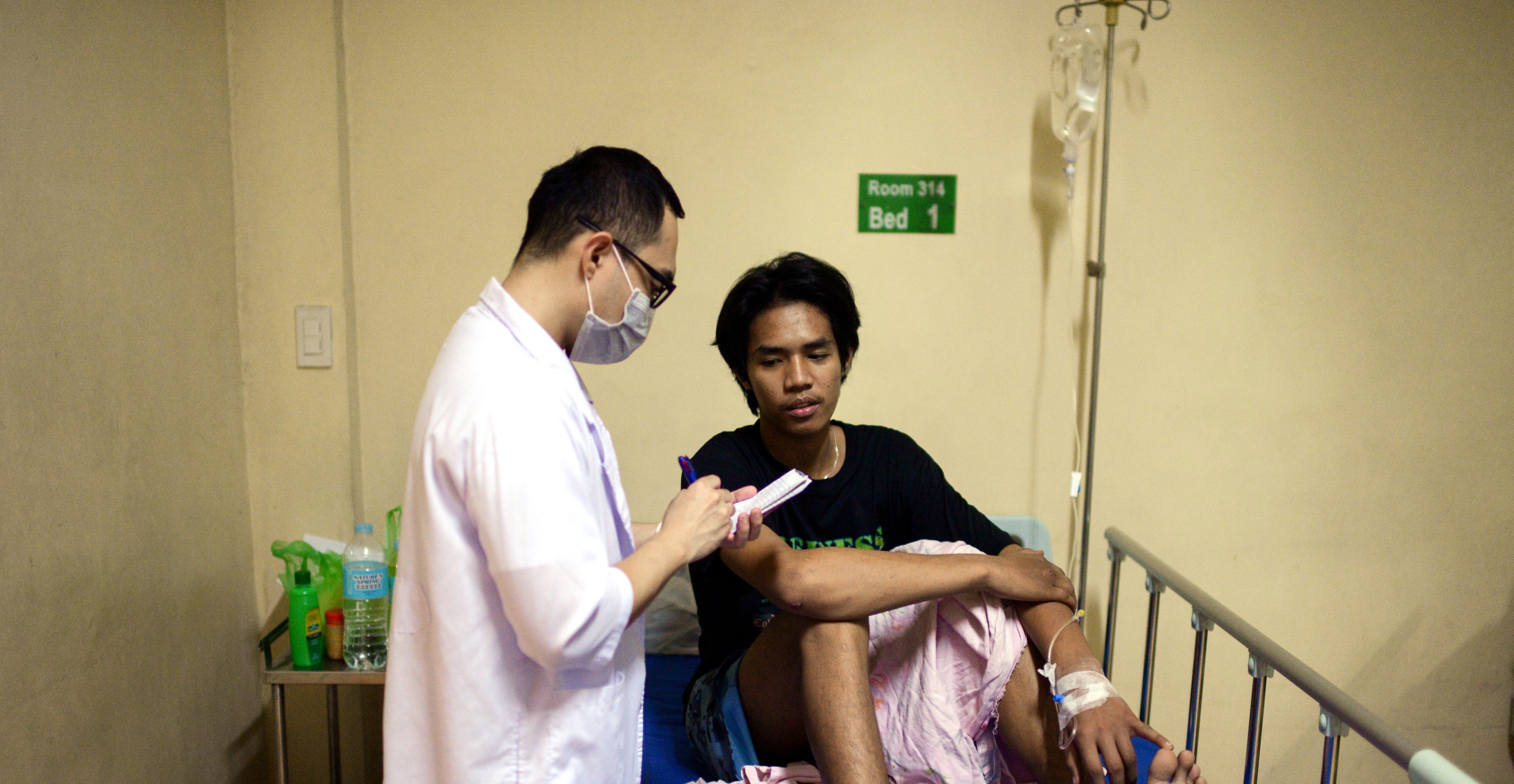COVID-19: What you need to know about the coronavirus pandemic on 26 October

Mask-wearing remains a way of life for millions. Image: REUTERS/Wolfgang Rattay
Listen to the article
- This daily round-up brings you a selection of the latest news and updates on the COVID-19 coronavirus pandemic, as well as tips and tools to help you stay informed and protected.
- Top stories: African Union to buy up to 110 million Moderna COVID-19 vaccine doses; South Korea announces plan to end COVID-19 restrictions; new restrictions being introduced in Russia to tackle rising cases.
1. How COVID-19 is affecting the globe
Confirmed cases of COVID-19 have passed 244 million globally, according to Johns Hopkins University. The number of confirmed deaths stands at more than 4.95 million. More than 6.88 billion vaccination doses have been administered globally, according to Our World in Data.
Moderna has announced that its COVID-19 vaccine generated a strong immune response in children aged six to 11 years old. It plans to submit data to global regulators soon.
Confirmed COVID-19 infections in Spain have passed five million, according to health ministry data.
The Biden Administration has announced plans to invest $70 million to increase the availability and lower the cost of rapid, over-the-counter COVID-19 tests in the US.
The Dutch could introduce new COVID-19 restrictions to reduce the pressure on hospitals struggling to cope with a growing number of COVID-19 patients.
Public schools and universities have reopened in Venezuela. It sees more than 11 million students return to in-person learning.
US President Joe Biden has signed an order introducing new vaccine requirements for most foreign national air travellers and lifting severe travel restrictions on China, India and much of Europe from 8 November.
Regions across Russia are introducing new restrictions in an effort to slow the spread of the pandemic. Russia reported its highest single-day rise in COVID-19 cases since the start of the pandemic yesterday.
The European Union's Drugs Regulator has announced that Moderna's COVID-19 vaccine booster shot can be given the those aged 18 years and older, at least six months after the second dose.
The Philippines will start testing a combination of COVID-19 vaccines this week or early in November, a cabinet official said yesterday.

2. African Union to buy up to 110 million Moderna COVID-19 vaccine doses
The African Union (AU) has announced a deal to buy up to 110 million Moderna COVID-19 vaccine doses, officials told Reuters.
The arrangement was brokered in part by the White House and will see the delivery of some doses intended for the United States deferred in order to facilitate the deal.
The AU's doses will be delivered over the coming months, with 15 million arriving before the end of 2021, 35 million in the first quarter of next year and up to 60 million in the second quarter.
"This is important as it allows us to increase the number of vaccines available immediately," AU coronavirus envoy Strive Masiyiwa said in an email. "We urge other vaccine producing countries to follow the lead of the [US government] and give us similar access to buy this and other vaccines."
3. South Korea outlines plan to end COVID-19 curbs by early 2022
South Korea has unveiled a three-phase plan to return to normal, with all COVID-19 restrictions on gatherings and distancing gone by February. The announcement came after it achieved its goal of vaccinating 70% of the population.
In the first phase of the plan, all operating-hour curbs on restaurants, cafes and other businesses will be dropped, though nightclubs will still have to close by midnight.
Visitors to high-risk venues, such as indoor gyms, saunas and karaoke bars will have to be fully vaccinated, while private gatherings in the capital, Seoul, and surrounding areas can include up to 10 people regardless of vaccination status.
Currently, gatherings of up to eight people are allowed if a group includes four fully vaccinated people. Authorities will also focus on weekly hospitalization and mortality rates rather than on daily new COVID-19 cases and people with only mild symptoms will be allowed to treat themselves at home.
What is the Global Alliance for Social Entrepreneurship?
Don't miss any update on this topic
Create a free account and access your personalized content collection with our latest publications and analyses.
License and Republishing
World Economic Forum articles may be republished in accordance with the Creative Commons Attribution-NonCommercial-NoDerivatives 4.0 International Public License, and in accordance with our Terms of Use.
The views expressed in this article are those of the author alone and not the World Economic Forum.
Stay up to date:
Pandemic Preparedness and Response
Forum Stories newsletter
Bringing you weekly curated insights and analysis on the global issues that matter.
More on Health and Healthcare SystemsSee all
Judith Love
November 18, 2025






